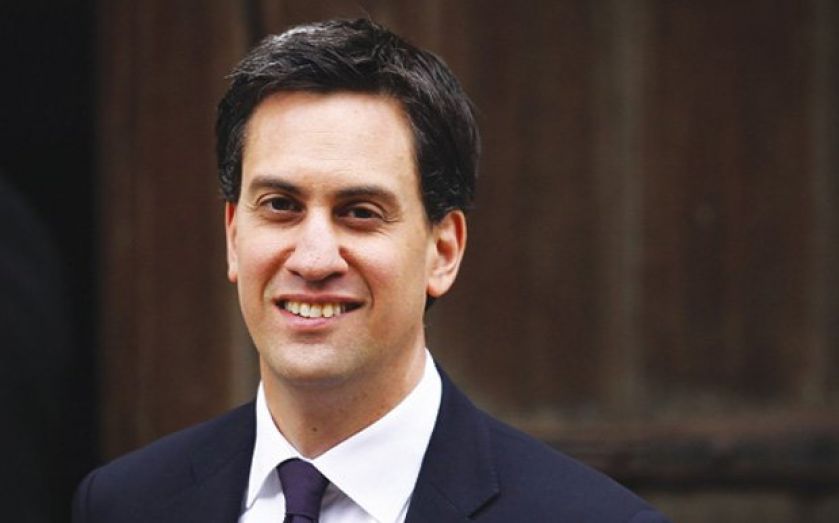Change or we’ll go: Why threatening to leave the EU is a win-win for Britain

WHEN the Prime Minister promised an EU referendum in January 2013, the idea that the UK might be better off outside the EU was unfathomable for many, an idea relegated to the fringes of political discussion. But in the space of 18 months, senior government figures are now on the record saying they would vote to leave if nothing changes. Even the chancellor is reported to believe that life outside the EU “is no longer unthinkable”.
This marked change in attitude is likely to manifest itself at the Conservative Party conference next week, but it would be a huge mistake for defenders of the EU status quo to see this simply as a panicked reaction to the electoral rise of Ukip. In recent years, the scale of the EU’s problems, particularly in the Eurozone, has been brought into sharp relief. As Business for Britain has shown in its new publication Change, or go, the EU faces big social and economic challenges, challenges which – if left unanswered – will prove economically disastrous for all member states, including the UK.
The numbers do not make pretty reading. When we joined the club in 1973, the EU accounted for 37 per cent of world GDP. By 2025, the figure will be just 22 per cent. It’s a crisis of the EU’s own making: as Angela Merkel has famously put it, the EU accounts for just 7 per cent of world population, 25 per cent of world GDP but 50 per cent of global welfare spending. And with Brussels having introduced 3,500 new laws since 2010, our net EU contribution having risen by over 200 per cent in the last decade, and with UK influence in the European Parliament and the Commission minimal, we’re getting a bad deal from this troubled union.
Because the EU in its current form is no longer a good fit for the UK, a referendum is increasingly inevitable, whether in 2017 or soon after. Ed Miliband’s decision to rule out giving people a say risks putting him on the wrong side of history. His conference soundbite about not securing reform with “one hand on the exit door” sounds particularly hollow in light of the recent Scottish referendum.
Clearly, we need a new deal, but what happens if the government fails to secure substantial changes? Boris Johnson is right when he says that “we have nothing to be afraid of in going for an alternative future, a Britain open not just to the rest of Europe but to the world”. With senior figures such as Michael Gove, Philip Hammond and Sajid Javid all echoing that sentiment, it is clear that “Change, or go” is now the mainstream view in the Conservative Party.
Either way, we are in a win-win situation. Either Britain can flourish in a reformed EU, succeed outside the political union while continuing to trade in the European Economic Area, or negotiate a bespoke trade deal. Britain has a large trade surplus with countries outside the EU (compared to the large deficit it has with countries inside) and millions of jobs in the EU depend on trade with us. Britain is a global economic player.
A new deal is possible but we should not be frightened into not considering the alternative. The future is clear: Change, or go.
Matthew Elliott is chief executive of Business for Britain. Change, or go can be downloaded at www.businessforbritain.org